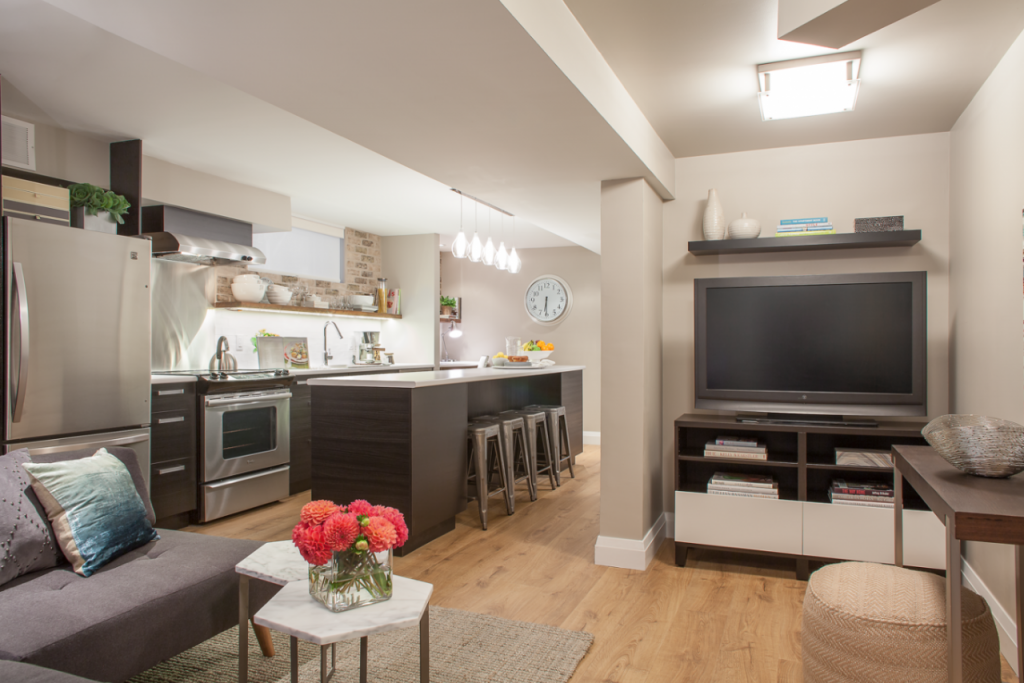Secondary Suites: Pros and Cons
Trying to decide if you should put a secondary suite in your current home? Here are some of the pros and cons.
PROS:
- Makes your house more affordable because a renter is paying down part of your mortgage.
- Allows for passive income. Secondary suites don’t take a lot of time and energy.
- Adding a secondary suite typically adds a lot of value to your property.
- When done legally and safely, these types properties attract tenants everywhere. You don’t have to be downtown, like an executive rental, or near a school, like a student rental.
- You don’t have to purchase another property to be in order to have an income property. If you have a basement you can make into a legal apartment then you can be a landlord.
- You can deduct certain expenses from your income – reducing the taxes you owe.
CONS:
- Secondary suite won’t bring in as much rent as some other types of properties.
- You’ll be sharing your home with other people, and that’s not for everyone.
- Unless there’s a secondary suite already existing, putting one into your home can require a significant renovation and may also require a zoning change.
- Your home insurance may go up due to any changes in the property value.
I’ve made no secret of the fact that I think secondary suites are a great way to get started in the real estate investment business, but before you take the plunge make sure you’ve done your research and know all the pros and cons, including my top 5 tips for investing in income properties.
For more information, please visit my Real Estate Investing page.
-Scott
Photos courtesy of RTR Media / Income Property


Comments